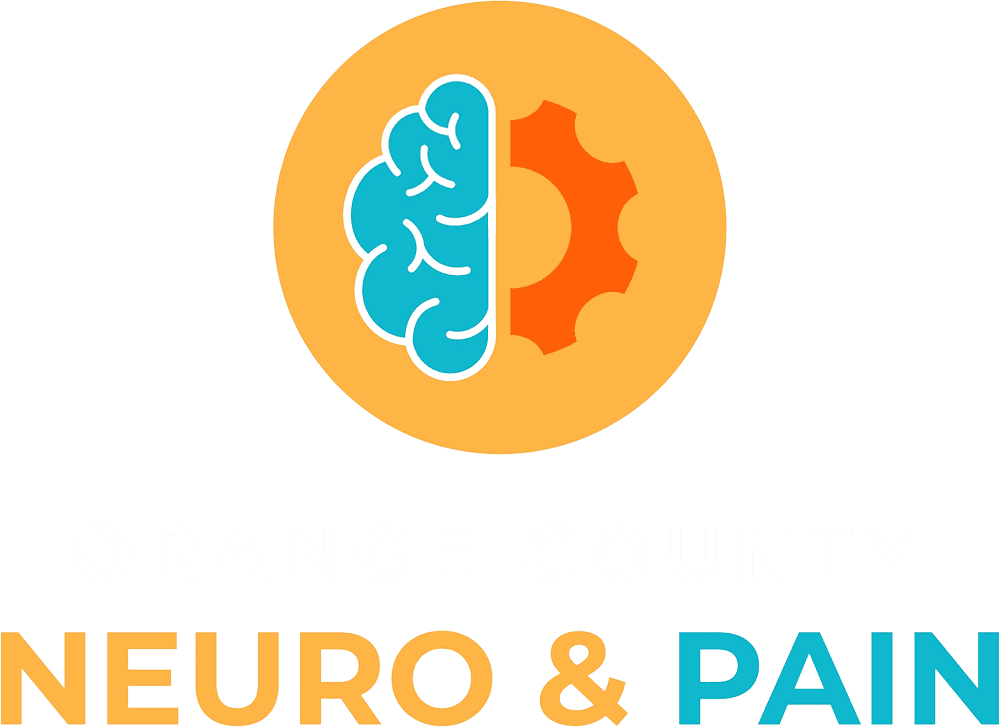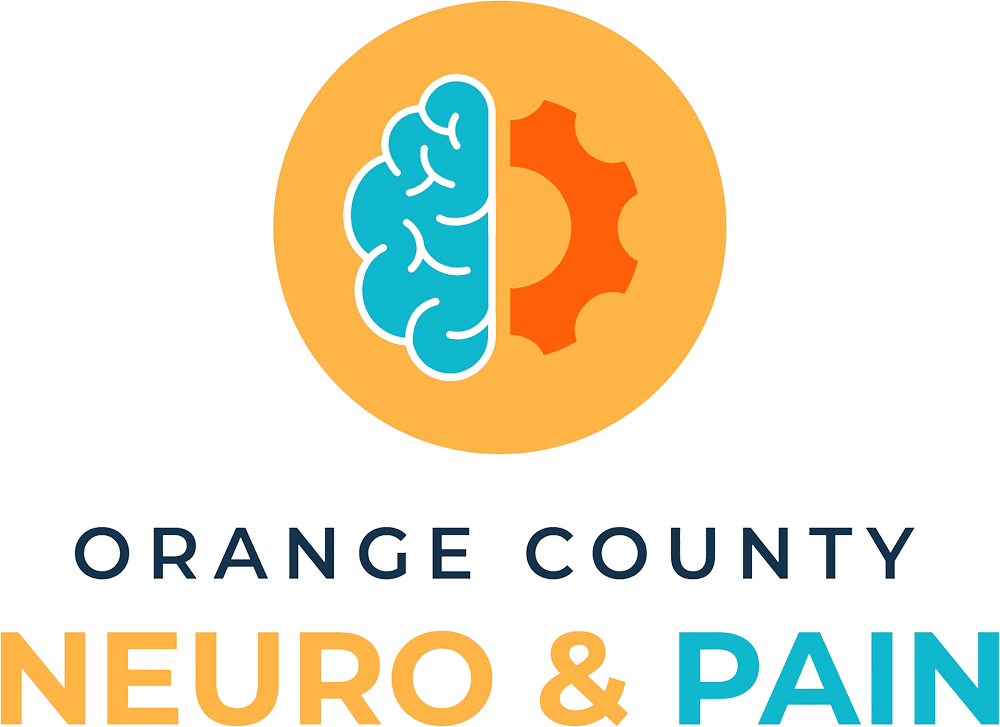

It’s normal to experience worry or stress as part of life, but when these emotions turn into anxiety that is excessive or disproportionate to the situation, it can lead to significant impairment in daily functioning and quality of life.
Signs of Anxiety
The symptoms of anxiety can vary widely depending on the individual, but some of the most common include feelings of restlessness, nervousness, and irritability. Physical symptoms of anxiety may include sweating, trembling, racing heart, and stomach discomfort. Additionally, people with anxiety may experience intrusive thoughts or worry that they cannot control, which can impact their ability to concentrate and make decisions.
Risk Factors For Anxiety
Anxiety disorders can be caused by a variety of factors, including genetics, brain chemistry, and life experiences. Some individuals may be more prone to anxiety due to a family history of the disorder, while others may develop anxiety as a result of traumatic life events or ongoing stress. Substance abuse and certain medical conditions can also trigger anxiety symptoms.

Types of Anxiety
There are several types of anxiety disorders, including generalized anxiety disorder (GAD), panic disorder, social anxiety disorder, and specific phobias. GAD is characterized by excessive and persistent worry about everyday events and activities, while panic disorder involves sudden and intense episodes of fear or panic. Social anxiety disorder is marked by intense fear of social situations, while specific phobias involve a disproportionate fear of a particular object or situation.
The Potential of Ketamine Infusion Therapy
Ketamine infusion therapy has emerged as a promising treatment option for individuals who suffer from anxiety disorders that are resistant to traditional treatments. This therapy involves administering ketamine, a dissociative anesthetic, through an intravenous infusion over several sessions. The treatment works by blocking certain receptors in the brain that are associated with anxiety, leading to a reduction in symptoms.
While the use of ketamine infusion therapy for anxiety is still relatively new, there is growing evidence that suggests it may be an effective treatment option. According to a 2022 review, researchers discovered single-dose ketamine infusion helped reduce irritability, panic, and other symptoms of anxiety in patients suffering from social anxiety disorder and GAD. Additional studies have shown the potential of ketamine to provide relief for patients diagnosed with obsessive-compulsive disorder (OCD) and those with phobias.
Patients should speak to their doctor to find out if they’re good candidates for ketamine infusion and to learn about the potential results and side effects.
How Ketamine is Administered
The most common and extensively researched way of administering ketamine is through intravenous (IV) infusion. This method allows for precise dosage control and the ability to halt the treatment at any point using the drip.
On the other hand, intramuscular (IM) injections are delivered into the thick muscles and provide the veterinary clinic experience but do not allow for dosage reduction once injected. Lozenges and nasal sprays like Spravato, which uses esketamine, are also available, and they are cheaper and more convenient as they do not require special equipment or a physician trained in anesthesiology. However, they provide lower dosages due to imprecise administration.
Regardless of the method, the most crucial aspect is the involvement of a mental health professional such as a therapist, psychiatrist, or integration coach, who makes patients feel comfortable and safe.


